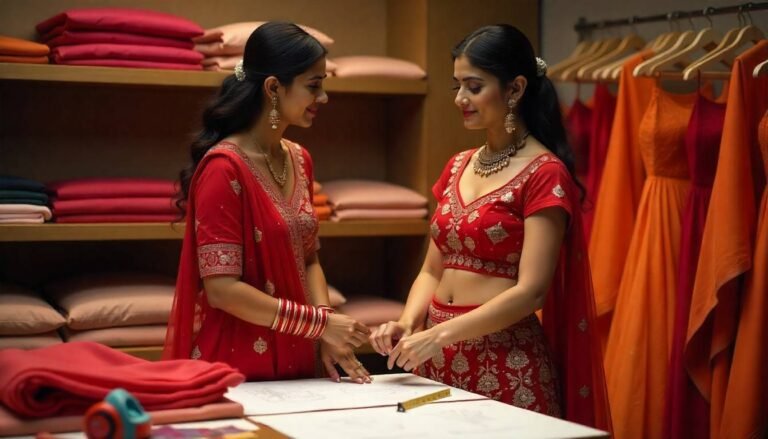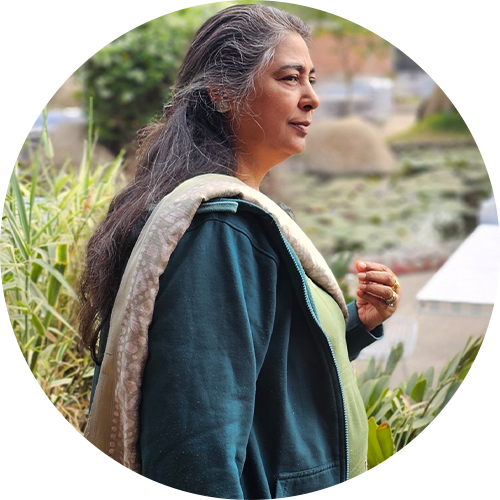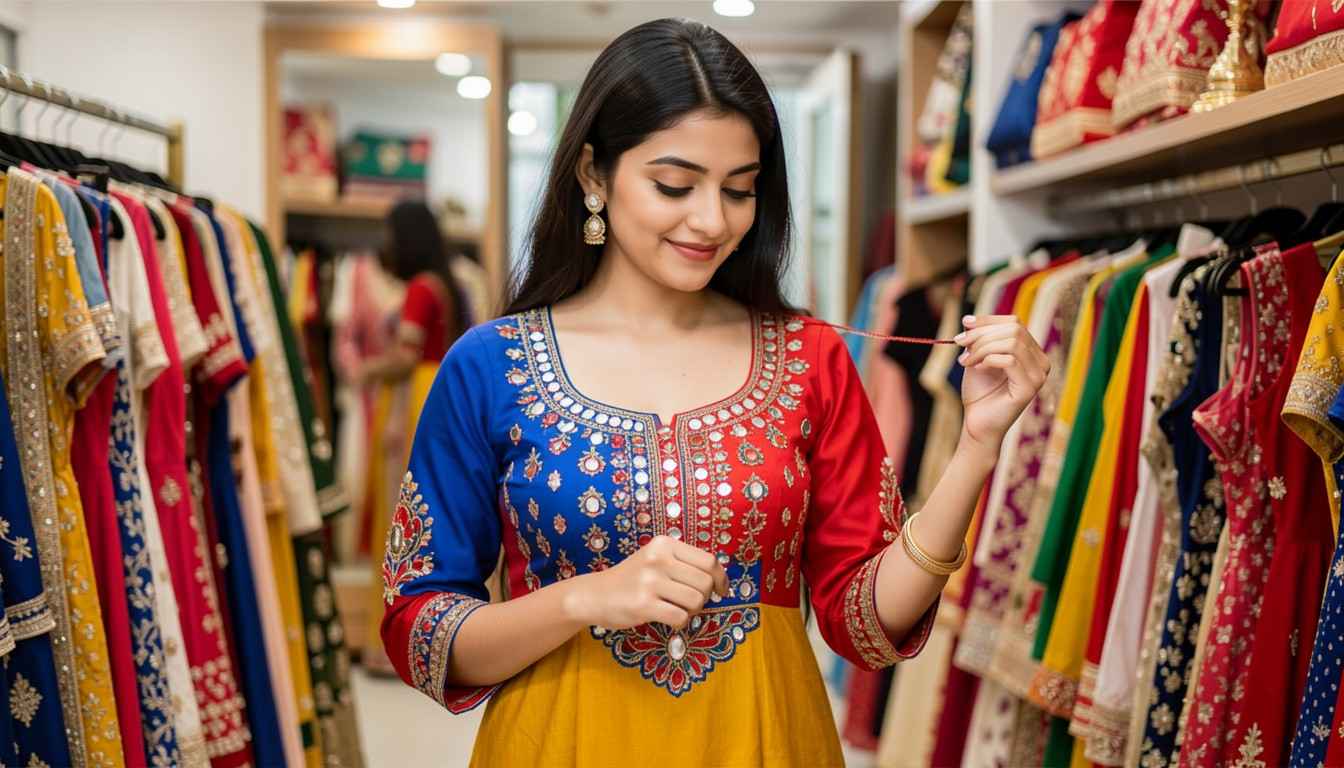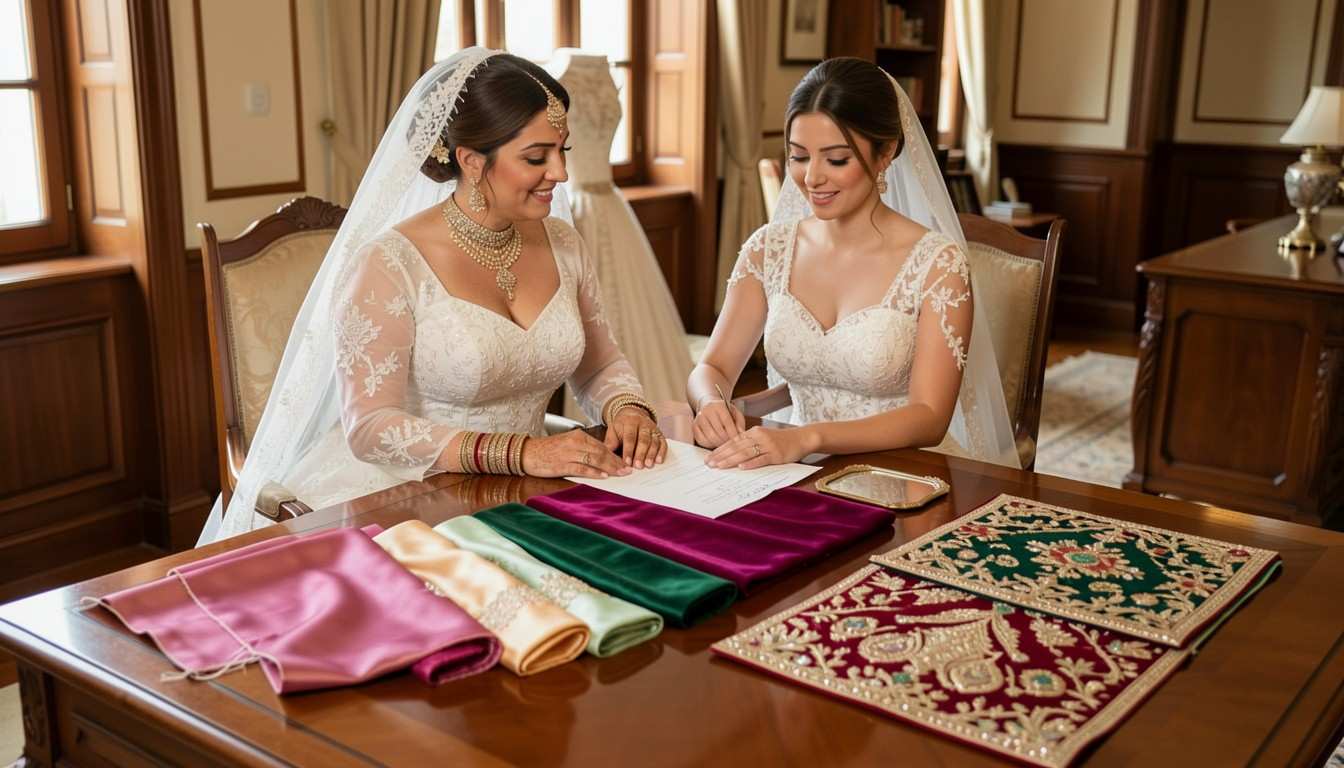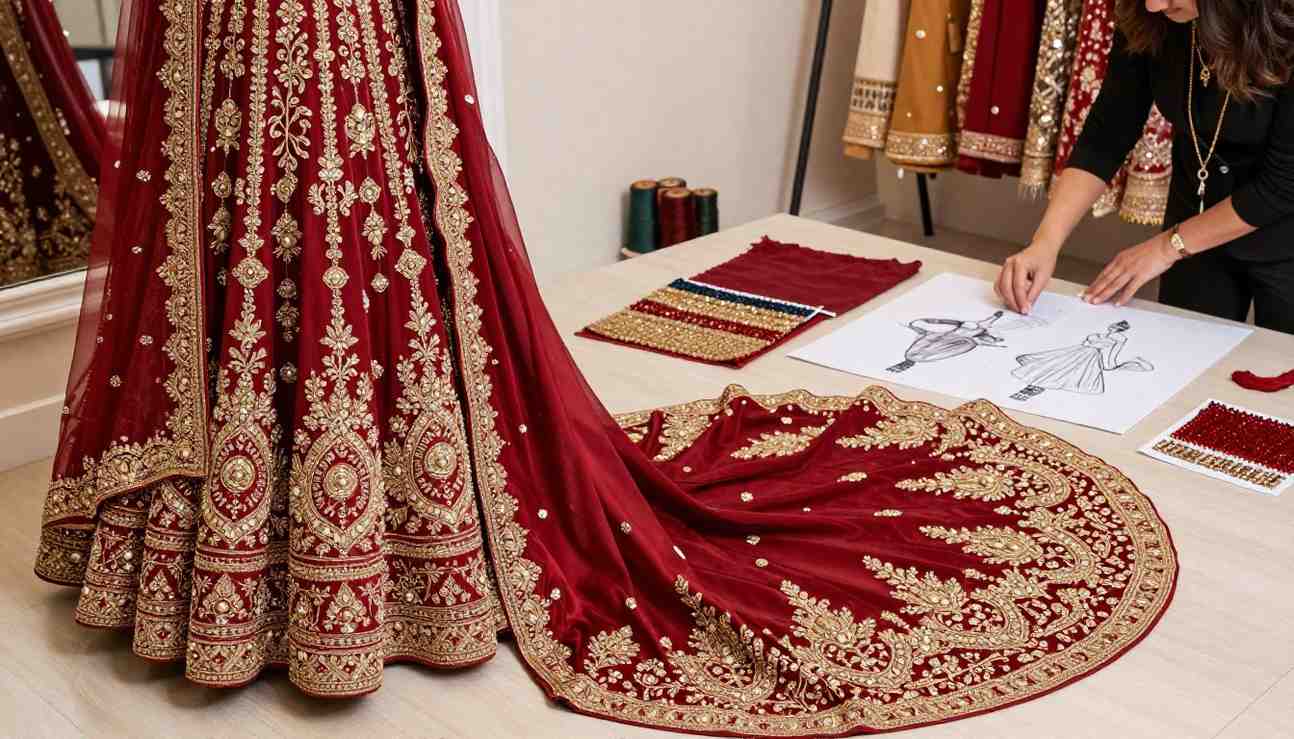Planning your bridal lehenga can feel exciting and overwhelming at the same time. From selecting the perfect fabric to understanding intricate design details, every choice matters. Knowing the terms used in bridal fashion can make fittings and consultations smoother, helping you communicate exactly what you want. In this guide, we break down the key components of a bridal lehenga, so you feel confident during your shopping and fittings at a designer boutique like Fashion Autograph.
1. Lehenga
The lehenga is the skirt portion of your bridal outfit. It is typically flared and can vary in layers, volume, and fabric. At Fashion Autograph’s Bridal Lehenga Collection, each lehenga is custom-designed, allowing brides to choose the silhouette, embroidery style, and length that best suits them.
2. Choli or Blouse
The choli is the fitted top worn with your lehenga. It comes in various styles: sleeveless, full-sleeve, backless, or with detailed necklines. Designer blouses can dramatically enhance your bridal look. Learn more about options at Designer Blouses at Fashion Autograph.
3. Dupatta
A dupatta is the scarf or veil draped over your shoulder or head. It can be heavily embroidered or simple, depending on your preference. Picking the right dupatta complements your lehenga and choli. For styling tips, see How to Pick the Right Dupatta for Your Salwar Kameez, which applies to lehenga draping as well.
4. Panels
Panels refer to the stitched segments of your lehenga that create the flared shape. The number of panels affects volume and movement. More panels typically mean a fuller skirt, which can be perfect for grand wedding settings.
5. Kamarbandh
The kamarbandh is a decorative belt worn around the waist. It adds structure and can highlight your waistline while securing the lehenga in place. Some brides choose a simple kamarbandh, while others opt for intricate designs with stones or beads.
6. Gota Border
A gota border is a traditional embellishment made with ribbons of gold or silver thread. It runs along the edges of the lehenga, dupatta, or choli, adding shimmer without heavy embroidery. For more inspiration, check out Chaniya Cholis – The Best Embroidery and Design Trends.
7. Hemline
The hemline is the bottom edge of your lehenga. It can be straight, scalloped, or layered with borders. Ensuring the hemline falls perfectly on your wedding day is essential for comfort and photos.
8. Yoke
The yoke is the upper part of your lehenga skirt that fits around the waist and hips. It determines how snug or flowing the skirt feels. A well-fitted yoke ensures a smooth silhouette.
9. Flare
Flare refers to the volume and spread of the lehenga. It can be A-line, circular, or mermaid-style. The flare affects your movement and the overall grandeur of the outfit. Brides looking for a dramatic effect often prefer fuller flares.
10. Embellishments
Bridal lehengas can feature a variety of embellishments, including sequins, beads, zari, thread work, and stones. Choosing embellishments depends on your wedding theme, budget, and personal style. Explore Bridal Lehenga Trends to Watch Out for in 2025 for current inspiration.
11. Lining
Lining is the fabric layer beneath the lehenga, choli, or dupatta. It ensures comfort, prevents transparency, and supports heavy embroidery. Discuss lining options with your designer to maintain both style and comfort.
12. Godet
A godet is a triangular fabric insert that increases flare and movement in the lehenga. It creates volume without adding too much weight, allowing your skirt to flow elegantly as you walk.
13. Fitting Terms
During fittings, designers may use terms like dart, pleat, tuck, and hem adjustment. These relate to shaping the lehenga for your exact measurements. For a complete understanding of what to expect, see What to Expect in Our Custom Bridal Lehenga Process.
14. Neckline & Sleeve Styles
The choli’s neckline and sleeve style affect the overall look of your bridal ensemble. From high-neck to sweetheart, and cap sleeves to full sleeves, your designer can adjust these to suit your body and wedding style. For ideas, explore Designer Blouses for Every Occasion.
15. Mix-and-Match Concepts
Sometimes brides mix elements from different lehengas or styles to create a unique look. For example, pairing a heavily embroidered choli with a simpler lehenga or experimenting with Indo-Western styles for pre-wedding events adds versatility to your wardrobe.
Final Tips for Brides
Understanding these terms can make your bridal shopping stress-free. Keep a glossary handy during fittings and discussions with your designer. At Fashion Autograph, Naimisha Munshi ensures every bride understands these details while creating a custom bridal lehenga that fits beautifully, reflects your personality, and meets your style expectations.

